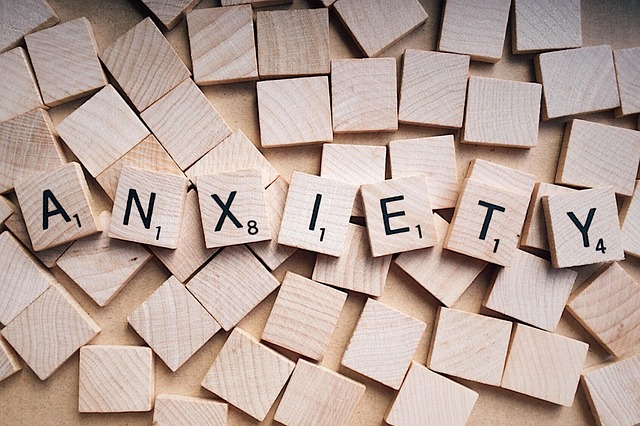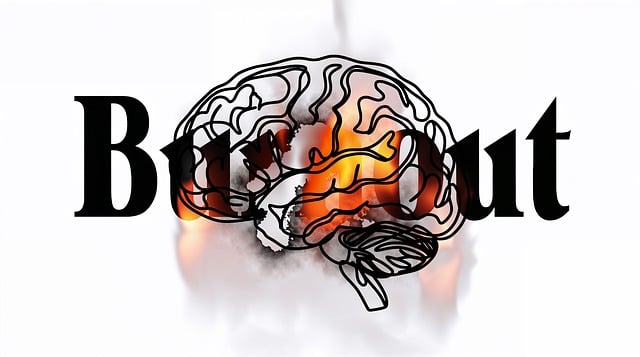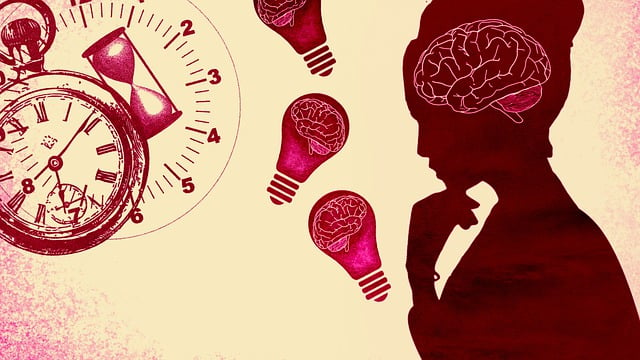The text explores how stigma surrounding mental illness, especially after traumatic events like Centennial Sexual Abuse, prevents survivors from accessing care through internalized shame and fear. It highlights effective tools such as mindfulness meditation and mental wellness coaching to combat these barriers, promote open conversations about mental health, encourage self-care, and create safe spaces for expression. Community education initiatives, media representations, specialized therapies (like CSAT), and cultural competency training are crucial in reducing stigma and enhancing the mental wellness of survivors.
Mental illness stigma reduction is a vital effort in modern healthcare. This article explores the profound impact of stigma on mental health, tracing its historical roots and evolution. We delve into effective community education strategies and the role of media in reshaping public perception. Furthermore, it highlights the critical importance of therapeutic approaches for Centennial Sexual Abuse Survivor Therapy, offering support to those navigating trauma. By understanding these aspects, we can foster a more inclusive society that prioritises mental well-being.
- Understanding the Impact of Stigma on Mental Health
- Historical Perspective: The Evolution of Stigma Reduction Efforts
- Strategies for Community Education and Awareness
- Role of Media in Shaping Public Perception
- Supporting Survivors: Therapeutic Approaches for Centennial Sexual Abuse
Understanding the Impact of Stigma on Mental Health

Stigma surrounding mental illness can have profound effects on individuals’ lives, especially those who have experienced traumatic events like sexual abuse. The impact extends beyond just the emotional and psychological consequences; it can also affect one’s ability to seek help and access appropriate care. Many survivors of sexual abuse struggle with internalized shame and fear, which often prevents them from discussing their experiences or reaching out for support. This creates a barrier to healing and recovery.
Understanding the profound impact of stigma is crucial in developing strategies to reduce it. Mindfulness meditation and mental wellness coaching programs have emerged as effective tools to combat these effects. By fostering open conversations about mental health, encouraging self-care practices, and providing safe spaces for expression, these initiatives aim to enhance mental wellness among affected individuals, including survivors of Centennial Sexual Abuse.
Historical Perspective: The Evolution of Stigma Reduction Efforts

Over centuries, the approach to mental illness has drastically evolved, reflecting societal shifts in understanding and acceptance. Historically, individuals with mental health challenges were often ostracized, stigmatized, and even criminalized. This led to a time where treatment was primarily focused on confinement and cure-all practices that had little scientific basis. However, movements advocating for human rights and dignity for those with mental illnesses began to take shape in the 20th century.
The efforts to reduce stigma have been gaining momentum over the past few decades. Initiatives such as Centennial Sexual Abuse Survivor Therapy have played a crucial role in encouraging open conversations about sexual trauma and its impact on mental wellness. Moreover, the development of risk assessment tools for mental health professionals has enhanced safety protocols, fostering an environment where individuals can access support without fear of judgment. Additional strategies like social skills training and mental wellness coaching programs have contributed to destigmatizing various aspects of seeking help, promoting a more holistic understanding of mental health and well-being.
Strategies for Community Education and Awareness

Community education and awareness play a pivotal role in reducing the stigma surrounding mental illness. By bringing attention to the realities of mental health struggles, we can foster empathy and understanding. One effective strategy is organizing informational sessions and workshops in schools, community centers, and public spaces. These events can provide insights into various mental health conditions, dispel myths, and offer practical tips for supporting individuals facing challenges. For instance, discussions on recognizing signs of depression or anxiety and promoting positive thinking can empower bystanders to offer help without causing further distress.
Centennial Sexual Abuse Survivor Therapy (CSAT) is a specialized approach that benefits from community involvement. Educating people about this therapy type can reduce the stigma associated with sexual trauma recovery. Workshops focused on explaining CSAT’s evidence-based practices and its positive impact on survivors’ lives can encourage individuals to seek help without fear of judgment. Additionally, encouraging healthcare providers to undergo Cultural Competency Training can enhance their ability to provide sensitive care for diverse communities, ensuring all patients feel heard and supported in their mental health journeys.
Role of Media in Shaping Public Perception

The media plays a pivotal role in shaping public perception about mental illness and those who struggle with it, especially in the context of historic issues like Centennial Sexual Abuse Survivor Therapy. News outlets, television shows, and films have long portrayed individuals with mental health conditions as dangerous, unpredictable, or even completely broken. These narratives not only perpetuate harmful stereotypes but also discourage survivors from seeking help, often out of fear of further stigma and ostracization.
However, there’s a growing movement in media to represent mental illness more accurately and empathetically. Through the integration of Self-Awareness Exercises and Emotional Well-being Promotion Techniques, many platforms are showcasing the strength and resilience of individuals navigating their mental health journeys. Promoting Positive Thinking and challenging negative perceptions, these representations encourage understanding, compassion, and support for those dealing with mental illness, ultimately contributing to stigma reduction efforts.
Supporting Survivors: Therapeutic Approaches for Centennial Sexual Abuse

Supporting survivors of Centennial Sexual Abuse requires specialized therapeutic approaches that address the unique complexities of this issue. Such trauma often leaves profound and lasting effects on mental wellness, demanding a nuanced and compassionate response from healthcare providers. Therapeutic interventions should focus on creating safe spaces for expression and healing, employing evidence-based practices tailored to the individual’s needs.
The Mental Wellness Podcast Series Production can play a pivotal role in raising awareness and providing valuable resources for both survivors and professionals. Moreover, Risk Assessment for Mental Health Professionals is essential to ensure practitioners are equipped with the knowledge and skills to offer effective support without retraumatizing clients. Enhancing their cultural competency through training is equally vital, fostering an environment where every survivor feels understood and respected during their therapy journey.
Mental illness stigma reduction is a multifaceted endeavor that requires community education, media representation, and therapeutic support. By understanding the historical context of stigma and implementing evidence-based strategies, we can foster a more inclusive society. In addressing issues like centennial sexual abuse survivor therapy, it becomes evident that destigmatizing mental health involves recognizing the profound impact of trauma and providing safe spaces for healing. Through collective efforts, we can break down barriers, enhance support systems, and ultimately improve mental well-being for all.














